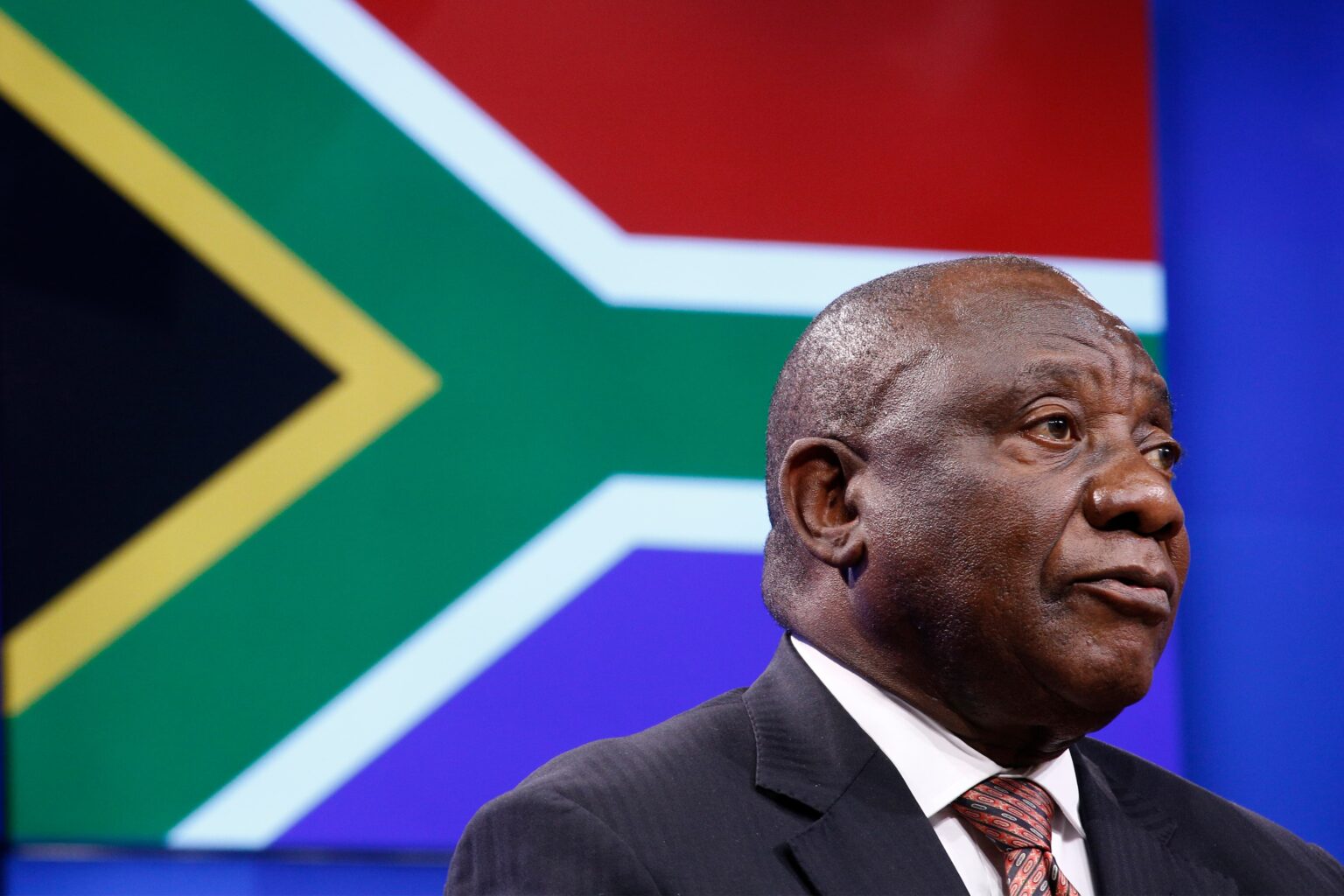South African President Cyril Ramaphosa announced on July 13, 2025, that he has suspended Police Minister Senzo Mchunu and established a judicial commission of inquiry to investigate explosive allegations. The move follows public claims by Lt‑Gen. Nhlanhla Mkhwanazi, provincial police commissioner in KwaZulu‑Natal, who accused Mchunu and Deputy Commissioner Shadrack Sibiya of obstructing critical investigations into politically motivated killings.
During a televised national address, Ramaphosa emphasized the seriousness of the allegations and the potential for collusion between criminal syndicates and high-ranking officials. Mchunu is now on immediate leave, and law professor Firoz Cachalia has been named acting police minister.
Claims of Collusion and Interference
Mkhwanazi came forward last week, asserting that Mchunu and Sibiya dismantled a specialized police unit tasked with probing politically motivated murders after uncovering links to organized crime. According to Mkhwanazi, the unit’s findings exposed a syndicate with reach into politicians, law enforcement agencies, including the SAPS and metro police, judiciary, correctional services, prosecutors, and business elites.
He also alleged that the minister accepted illicit payments and deliberately suppressed investigations into high-profile figures to protect those implicated. Mkhwanazi, flanked by masked officers, announced he had launched a criminal probe into Mchunu’s conduct.
The Commission’s Mandate and Scope
The newly formed commission will be overseen by a judge and will include participation from the National Prosecuting Authority and the State Security Agency. Its aim is to determine whether senior officials, current or former, have “aided or abetted” criminal syndicates, ignored credible intelligence, or benefited,politically or financially, from illicit activities.
Ramaphosa noted during his address that any proven wrongdoing would undermine public trust in the police’s ability to fight crime and corruption. The commission is expected to deliver interim findings within three months and a final report sometime thereafter.
Political Fallout and Public Reaction
Opposition voices, including the MK Party and the Democratic Alliance (DA), criticized Ramaphosa for suspending rather than firing Mchunu. MK Party spokesperson Nhlamulo Ndhlela said South Africans deserve decisive action, especially as lives are lost daily. Similarly, the DA, part of the national unity coalition, has demanded a parliamentary inquiry and hinted it may oppose the national budget until stronger anti-corruption measures are taken.
Analysts warn this latest scandal may deepen fractures within the Government of National Unity, which includes the ANC, DA, IFP, and others. Should the inquiry fail to yield concrete results, public frustration could grow, and investor confidence may waver amid South Africa’s ongoing crime and economic challenges .
Context: Corruption in South Africa’s Security Institutions
This commission marks the fifth of its kind under Ramaphosa’s presidency since 2018, a period during which previous inquiries have faced criticism for minimal impact. Transparency International ranked South Africa 82nd in its Corruption Perceptions Index, underscoring the country’s endemic governance issues.
KwaZulu‑Natal, in particular, has seen a spike in politically motivated killings over recent years, raising concerns that criminal networks have compromised parts of the justice system.


